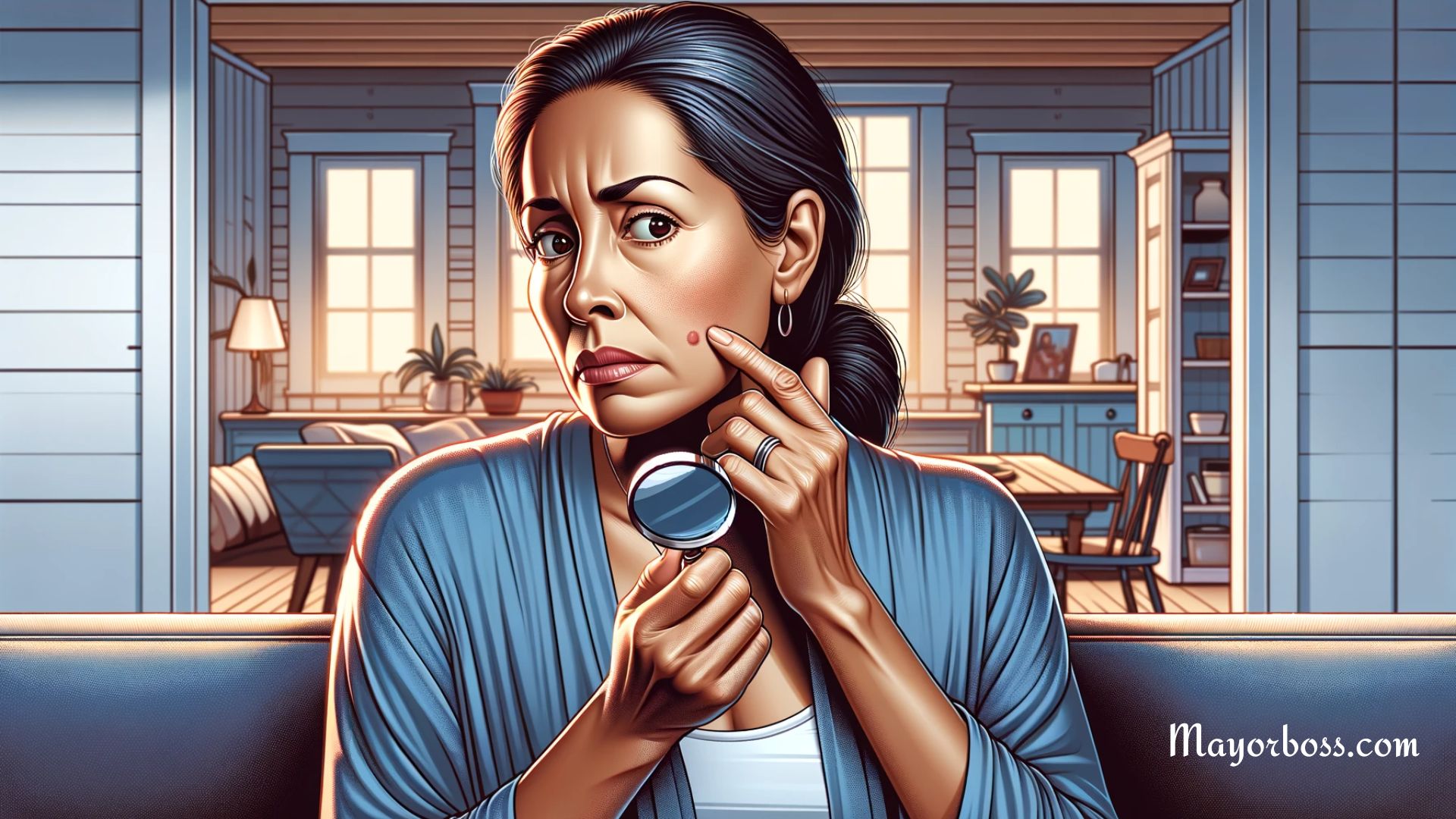6 Symptoms of a Yeast Infection You Shouldn’t Ignore
Yeast infections are common yet often overlooked. Caused by the overgrowth of the fungus Candida, they can lead to uncomfortable symptoms. It’s important to recognize these symptoms early. So, what are the signs you should be aware of?
1. Itching and Irritation in the Vaginal Area
One of the most common signs of a yeast infection is intense itching in the vaginal area. This isn’t just a minor annoyance; it can be quite severe and persistent. If you notice this discomfort, especially if it’s accompanied by other symptoms on this list, it’s a strong indicator of a yeast infection.
2. Swelling and Redness
Swelling and redness around the vagina are also key symptoms. The skin may become inflamed and tender, a clear sign that something isn’t right. This inflammation can cause discomfort, particularly during physical activities or while using the restroom.
3. Pain During Sex or Urination
Are you experiencing pain during intercourse or when urinating? This discomfort is a red flag. A yeast infection can make these normally routine activities painful, indicating that the infection is affecting the vaginal mucosa.
4. Unusual Vaginal Discharge
Another symptom to watch out for is abnormal vaginal discharge. A yeast infection often produces a white, clumpy discharge that resembles cottage cheese. However, it’s important to note that changes in discharge can also be a sign of other conditions, so this symptom alone isn’t definitive.
5. Vaginal Odor
While a mild, yeast-like smell can be normal, a strong or unpleasant odor is a cause for concern. If you notice a significant change in the smell, it’s worth considering a yeast infection, especially if other symptoms are present.
6. General Vaginal Discomfort
Lastly, a general feeling of discomfort in the vaginal area, including burning sensations, is a common symptom. This discomfort might not always be intense, but if it persists, it should be taken seriously.

Conclusion
If you’re experiencing any combination of these symptoms, it’s advisable to seek medical advice. Yeast infections are usually treatable with over-the-counter or prescription medications, but a proper diagnosis is crucial, as similar symptoms can be caused by other conditions.
Frequently Asked Questions
Can Yeast Infections Clear Up on Their Own?
In some cases, mild yeast infections can resolve without treatment. However, if symptoms persist or worsen, it’s crucial to seek medical advice for appropriate treatment.
Are Yeast Infections Contagious?
Yeast infections are not typically considered contagious in the traditional sense, but the fungus that causes them can be spread through sexual contact. It’s always wise to practice safe sex and discuss any infections with your partner.






